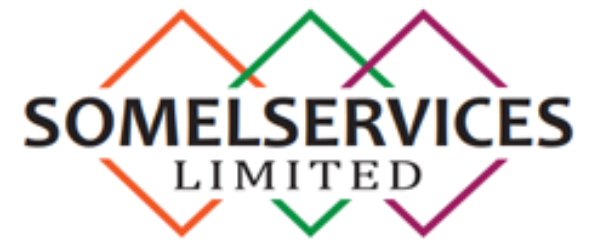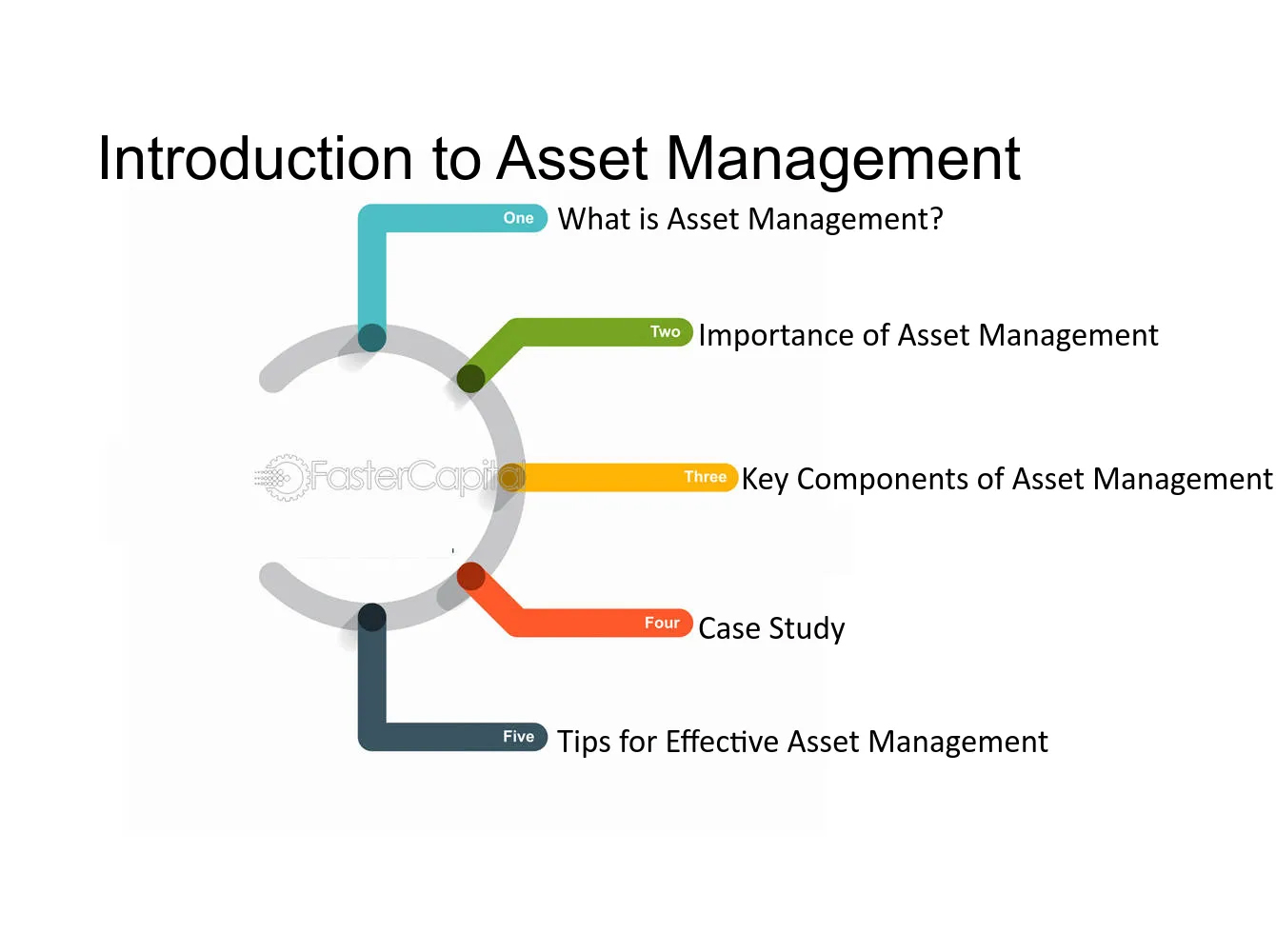**Keeping your wheels turning:** In today’s competitive world, **owning assets isn’t enough**. Efficiently **managing and optimizing their performance** is crucial for success across various industries. This **comprehensive course** equips you with the **knowledge, skills, and best practices** to **become an asset management expert**, ensuring the **longevity, productivity, and financial value** of your assets.
**Target Audience:**
* Professionals from diverse sectors responsible for managing physical assets, including:
* Engineers, maintenance technicians, and asset managers in infrastructure, manufacturing, utilities, transportation, and other industries.
* Business leaders, financial analysts, and investment professionals involved in asset life cycle management and financial decision-making.
* Individuals seeking a comprehensive understanding of asset management principles and best practices.
**Course Objectives:**
* **Understanding the Fundamentals of Asset Management:**
* Demystify the core concepts of asset management, including asset life cycle, depreciation, risk management, and value optimization.
* Analyze the different types of physical assets and their specific management considerations.
* Explore the international standards and frameworks guiding effective asset management practices.
* **Implementing a Robust Asset Management System:**
* Learn to design and implement a customized asset management system aligned with your organization’s needs and objectives.
* Master key methodologies like condition monitoring, predictive maintenance, and preventive maintenance, ensuring optimal asset performance.
* Analyze data collection and analysis techniques for informed decision-making about repair, replacement, and investment in assets.
* **Financial Considerations and Risk Management:**
* Understand the financial implications of asset management, including budgeting, cost analysis, and return on investment calculations.
* Analyze different risk assessment methodologies and mitigation strategies to ensure asset reliability and minimize downtime.
* Explore innovative financing and insurance options for optimizing asset management portfolios.
* **Technology and Innovation in Asset Management:**
* Learn how digital technologies, such as artificial intelligence, big data, and internet of things (IoT), are transforming asset management.
* Explore advanced predictive maintenance tools, data analytics platforms, and digital twins for proactive asset management.
* Analyze the potential of smart sensors and automated systems for optimizing asset performance and efficiency.
* **Sustainability and Responsible Asset Management:**
* Integrate sustainability principles into your asset management strategy, considering environmental impact and resource optimization.
* Analyze lifecycle assessments and circular economy approaches for extending asset life and minimizing waste.
* Understand the evolving regulatory landscape and stakeholder expectations for responsible asset management practices.
**Course Outline:**
* **Module 1: Introduction to Asset Management:** Demystifying concepts, understanding asset life cycle, types of assets, and international standards.
* **Module 2: Implementing an Asset Management System:** Designing systems, condition monitoring, preventive maintenance, predictive maintenance, and data analysis.
* **Module 3: Financial Considerations and Risk Management:** Budgeting, cost analysis, return on investment, risk assessment, mitigation strategies, and financial tools.
* **Module 4: Technology and Innovation in Asset Management:** AI, big data, IoT, digital twins, predictive maintenance tools, and data analytics platforms.
* **Module 5: Sustainability and Responsible Asset Management:** Sustainability principles, lifecycle assessments, circular economy, regulations, and stakeholder expectations.
* **Module 6: Case Studies and Best Practices:** Analyzing successful asset management implementations across various industries.
* **Module 7: Future Trends and Challenges:** Anticipating the evolving landscape of asset management and preparing for future disruptions.
* **Module 8: Developing Your Asset Management Plan:** Crafting a customized plan for optimizing your specific assets and achieving your organizational goals.
* **Module 9: Communication and Collaboration:** Building partnerships and stakeholder engagement for successful asset management initiatives.
* **Module 10: Continuous Improvement and Innovation:** Cultivating a culture of continuous learning and adapting your asset management strategy to achieve lasting value.
**Training Methodology:**
* **Interactive lectures:** Engaging presentations with real-world case studies, industry expert insights, and multimedia visuals.
* **Group discussions and workshops:** Foster collaborative learning, problem-solving, and sharing best practices through interactive activities and simulations.
* **Site visits and demonstrations:** Gain practical insights through visits to operational facilities and technology showcases.
* **Optional online community platform:** Access additional resources, connect with fellow participants, and continue learning and sharing experiences beyond the course.
**Course Benefits:**
- Gain a comprehensive understanding of asset management principles and best practices applicable across diverse industries.
- Develop the skills to implement and manage a robust asset management system within your organization.
- Optimize asset performance, extend asset life, and minimize downtime, leading to significant cost savings and improved productivity.
- Master financial considerations and risk management strategies for informed decision-making about your asset portfolio.
- Stay ahead of the curve by leveraging


